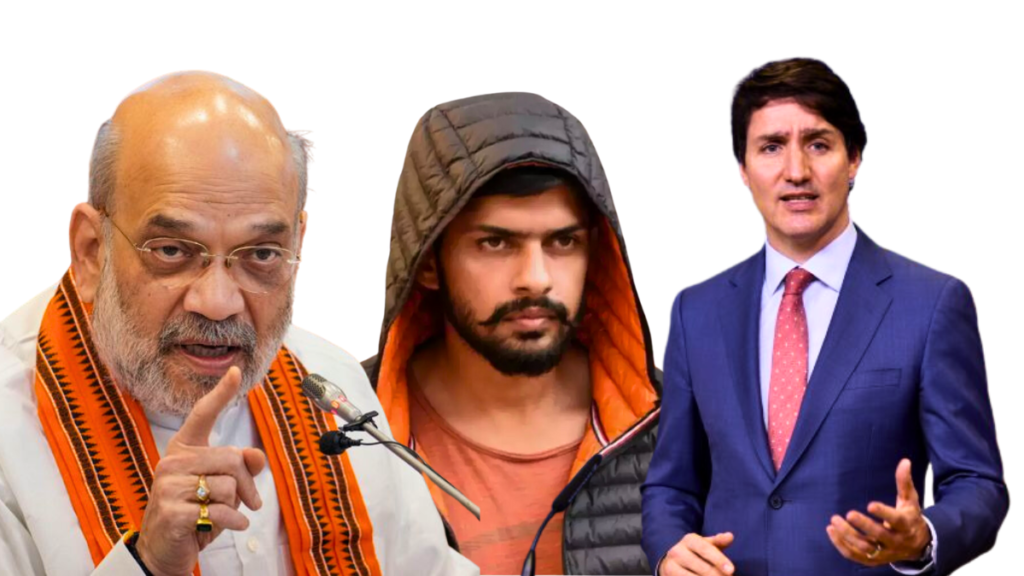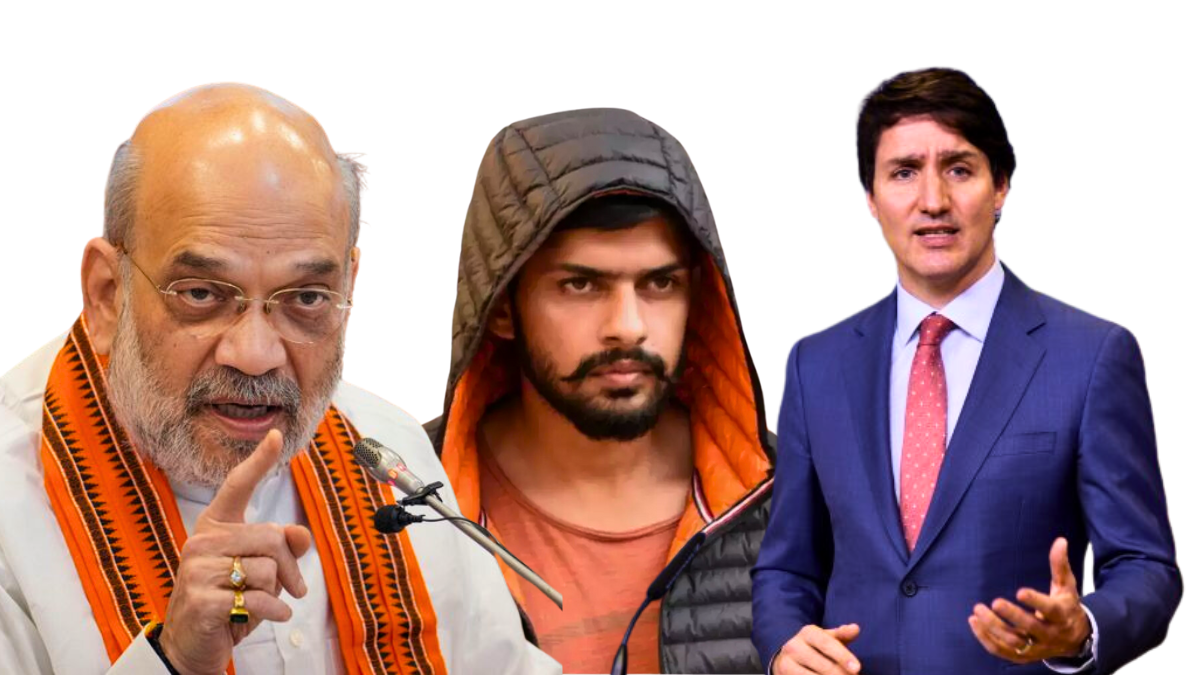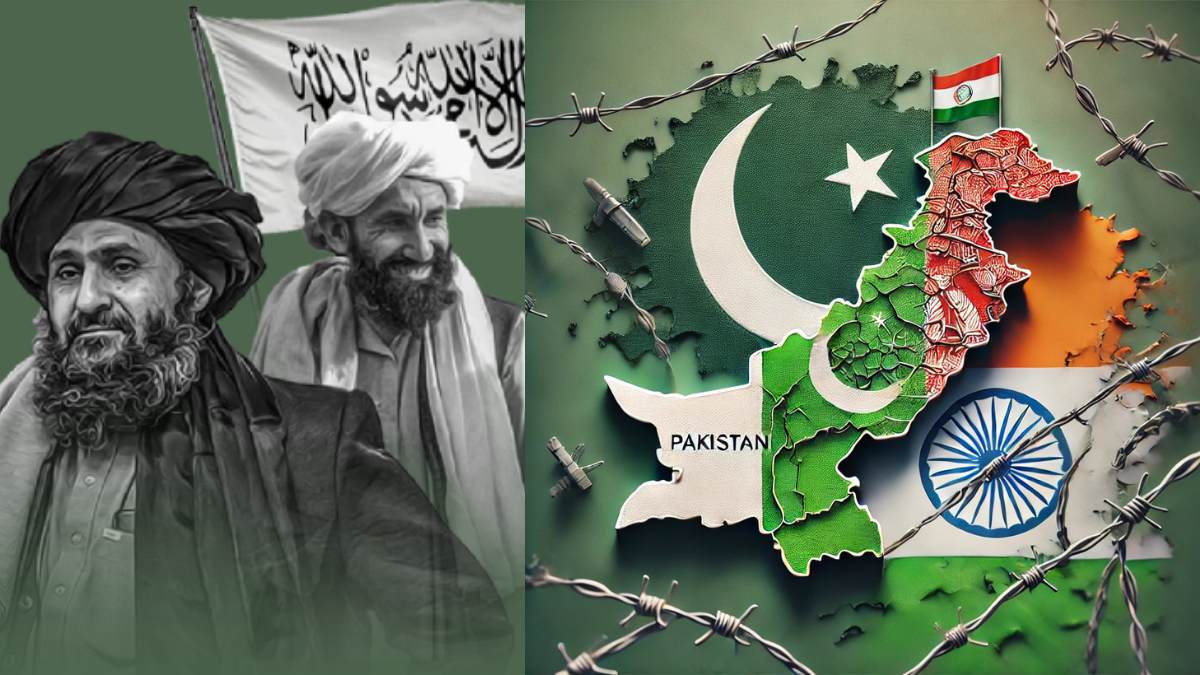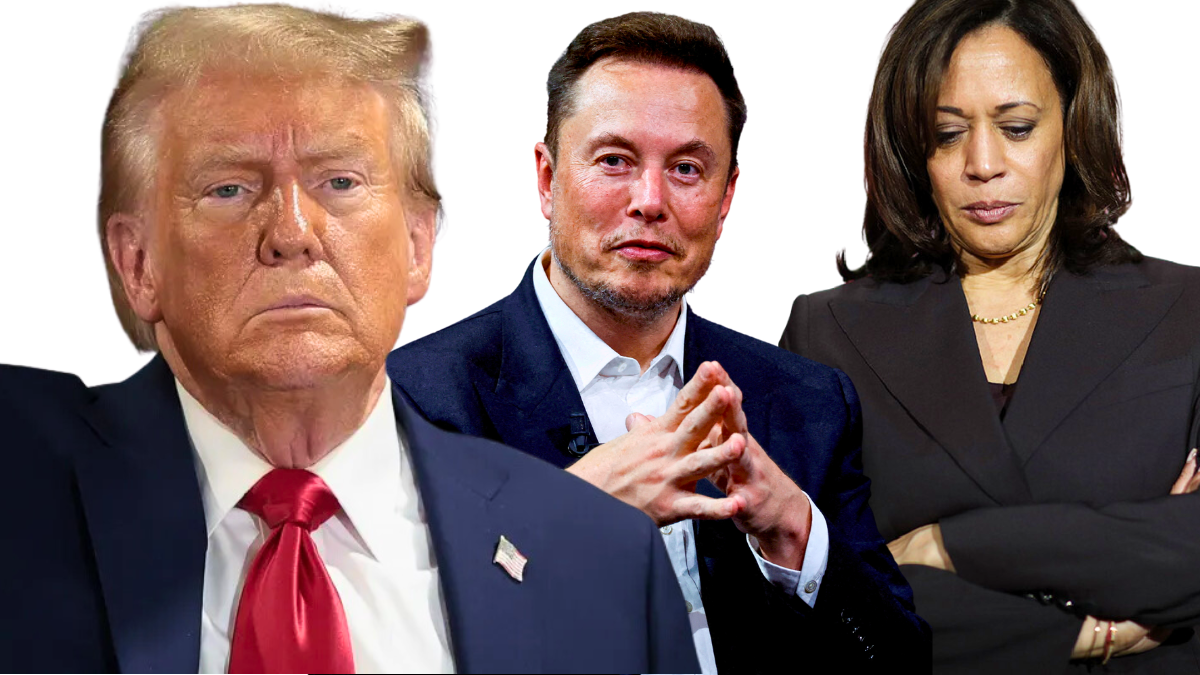Diplomatic relations between Canada and India have been discussed prominently in the last few months. The current rift is centred on several issues, but one name is constantly emerging in the debate: Lawrence Bishnoi. Bishnoi’s extradition plea, allegedly linked to major Indian crimes, has further deepened the complexity that exists between the two countries. But beneath these obvious complexities, there is also an extremely complex relationship linked to history, serious political issues, and strategic issues. Therefore, this article intends to give a comprehensive and balanced analysis of this diplomatic impasse and focuses on the reasons behind the breakdown of diplomatic efforts of both countries.
Table of Contents
History of diplomatic issues
The bilateral relations between Canada and India are unique, having been based on trade, migration, and shared democratic values throughout history. The country is home to one of the largest Indian diasporas in the world and has been a highly desirable destination for Indian immigrants. Traditionally, the two countries have cooperated in areas such as technology, education, and trade. However, more recently, political and security disputes have put a strain on these ties.
The diplomatic tensions first gained attention in 2020 when India objected to Canada’s support to the farmer protests in India after Canadian Prime Minister Justin Trudeau said he supported the rights of protesters to peaceful assembly, which India viewed as interference in its internal affairs. Despite efforts to bridge the divide, several incidents ranging from recently submitted extradition requests to allegations of domestic meddling in each other’s affairs have heightened this tension. The most recent controversy centres around Lawrence Bishnoi.
Lawrence Bishnoi: Who is he and why does he matter?
He is said to be an Indian Gangster who has been accused of several crimes such as extorting money and committing violence. His name came into international limelight due to some infamous crimes, one of which was the murder of a Punjabi singer named Sidhu Moosewala, whose murder caused a far-reaching and deep stir in the media and public psyche of India. Indian authorities want to bring Lawrence’s Brother Anmol Bishnoi back from Kenya, Canada or the US, as they believe he has safe houses there and also other supporting structures that enable his operations.
The extradition request by India brings up the issue of criminal justice cooperation between the two countries, as well as the larger topic of tackling organised crime across borders. Canada has so far been cautious in its response to this extradition request. Canadian authorities have raised questions over due process and human rights within the Indian justice system. This further adds to the frustration for India, as India believes it is Canada’s lack of cooperation in helping India do its job on country soil concerning organised crime.

Political underpinnings of the extradition dispute
There are reasons deeper than criminal justice behind Bishnoi’s reluctance to be extradited quickly, and hence politics between the two states plays a part in this dispute over extradition. Canada has a considerable population of Indo-Canadians, and most of them are from Punjab and have close ties to their ancestral roots. Punjabi Canadians form a large voter group, and the interests of this community significantly shape the Canadian political landscape. Therefore, Canadian politicians, including Prime Minister Trudeau, tread very carefully on issues affecting this community.
There may also be an aspect of the Canadian government’s commitment to due process and human rights, which are inherent components in its judiciary and extradition processes. Canada is sensitive enough to not extradite to countries where it feels the nation may not follow the principle of due process and violate the rights of individuals. This will only add to the sensitivity already prevailing in the country towards Bishnoi’s case, as, after all, due process and international criticism pose a risk to the Canadian government.
Role of diaspora politics and allegations of extremism
The other aspect of the tension is the allegations of extremism within the Indian diaspora in Canada. New Delhi is concerned about a section of the Sikh diaspora in Canada, which it perceives as harbouring separatist tendencies, particularly pro-Khalistan sentiments, an idea behind an independent homeland for Sikhs. Moreover, while a significant majority of the Sikh population in Canada believes in democracy and peaceful processes, Indian authorities have cited incidents where extremist groups cite freedom of expression laws to support separatist agendas in the country.
From Canada’s perspective, the reason is to balance civil rights with its responsibility towards the security of the land, preventing any activity that supports extremist elements. Although Canada has been clear about not tolerating violent extremism, it has supported the free speech agenda, which, on several occasions, has drawn ire from India or demanded more significant action on its part. These changing priorities have at times led to a false sense of inaction, thereby further complicating extradition problems.
Geopolitical implications of tensions
These are not just bilateral tensions; there are deeper geopolitical implications too. Of course, India is increasingly engaging with its United States and other allied counterparts in the Indo-Pacific to maintain equidistance from China, which is growing its influence in the region manifold. Yet, although relations between the United States and Canada also remain very cordial, the independent foreign policy approach sometimes leads India’s geopolitical strategies astray.
Another aspect through which the already tense relations between Canada and India can be viewed in the light of the global rise of populist nationalism and reassertion of sovereignty is as follows: the current government led by Prime Minister Narendra Modi has placed great emphasis on India’s sovereignty and internal security, and on the other hand, Canada under Trudeau has promoted an open multicultural policy. This sometimes leads to different views on human rights, freedom of expression and foreign policy.
Economic and trade relations amid diplomatic tensions
Despite all these diplomatic challenges, trade between India and Canada continues to flourish, although there are many obstacles in the way. However, negotiations on a Comprehensive Economic Partnership Agreement to deepen trade between the two countries have been slow, with political and diplomatic tensions being one of the main obstacles. Today, Canada is an essential trading partner for India; India is becoming increasingly important to Canada as a new and emerging market as well as a balance to China.
However, this economic interdependence has not prevented political disputes. Diplomatic friction has affected business opportunities, and Indian businesses are wary of investing in Canada as they fear they may be subject to diplomatic repercussions. However, Canadian companies operating in India are cautious not to lose their neutrality in this heated diplomatic war.
The Way Forward
Diplomatic Options Most likely, a solution to this impasse will demand a balanced approach based on the legal systems common to both countries as well as political considerations. This may require high-level discussions in which Canada and India jointly discuss their concerns with the other party, including all matters relating to organized crime, diaspora politics, and human rights. All of these issues can best be resolved through diplomatic means, such as resuming bilateral working groups related to security and law enforcement.
One possible way forward is through strong extradition treaties that are sensitive to human rights yet allow for the extradition of individuals involved in international crimes. This can be achieved through bilateral agreements with a commitment to fair legal standards, allowing for mutual trust between the law enforcement agencies of the two countries. Regular, open dialogue between the two countries would also be beneficial as misunderstandings would be cleared and each country’s position on sensitive issues such as diaspora politics would become clear.
The current simmering tensions between Canada and India complicate modern international relations
Crime, diaspora politics, human rights, and all kinds of economic and political matters mix. The Lawrence Bishnoi case plays a role, but the problem is much deeper than any one element: a single criminal case will not be as solvable as the deeper systemic problems that plague the Canada-India system. Each fights alone against different priorities internal and external postures.
While these two countries are still working on solutions, they have enough to win through a more pragmatic and cooperative approach that can emerge from their mutual interests and respect. If the two sides work on the core issues pitting them against each other, perhaps there might finally be a way to renew cooperation and ties between them, as they have for so long. The coming months will be crucial in telling whether the two countries can bridge their differences or whether these tensions will redefine the contours of their diplomatic engagement.
Disclaimer
The content on this platform, including articles and images, is sourced from various reputable news websites, publications, and publicly available information across the internet. We do not create these stories, Content, Articles or images independently, nor do we claim ownership of the original material. All content is provided for educational and informational purposes only, aiming to offer a broader understanding of global events. We are not responsible for the accuracy, reliability, or validity of the information or images presented. Any reliance on this content is at the user’s discretion.




